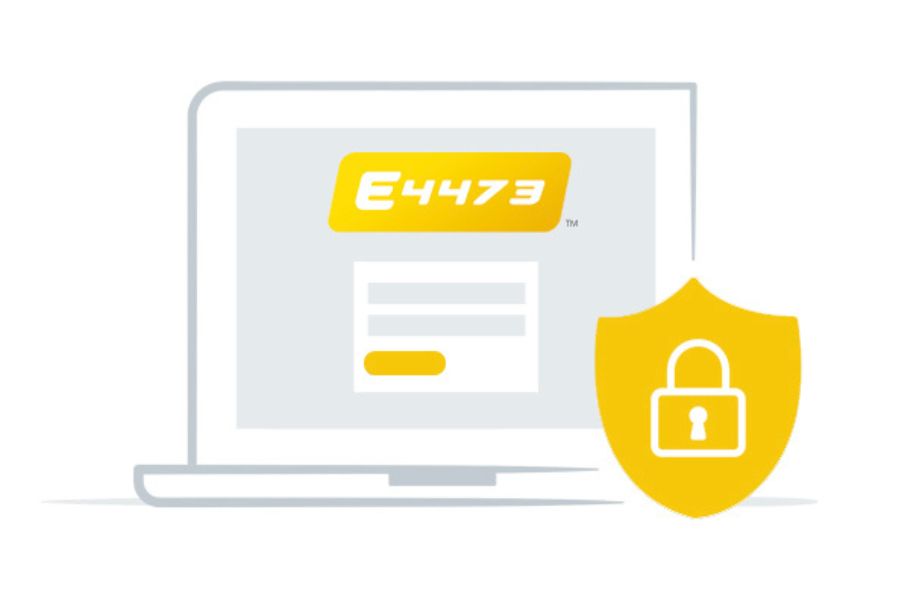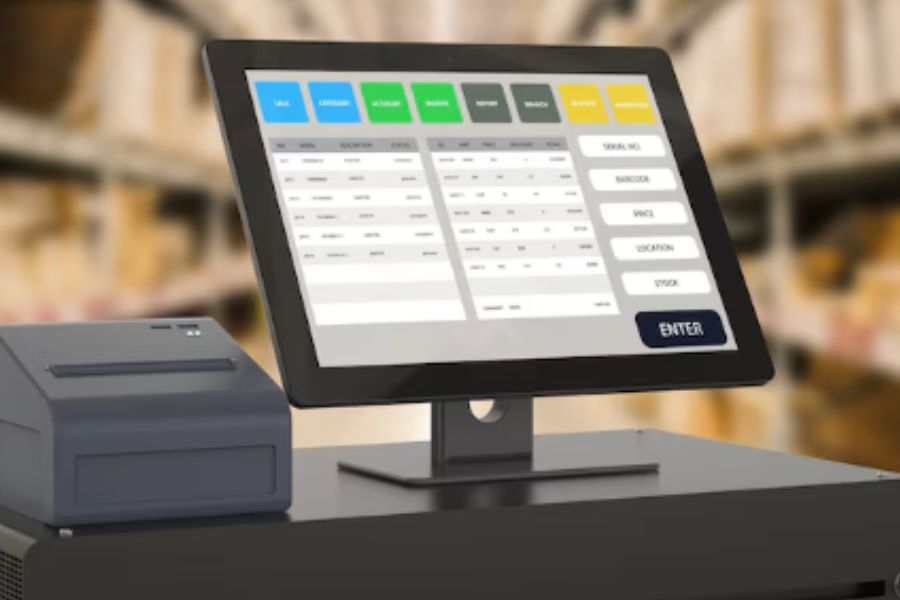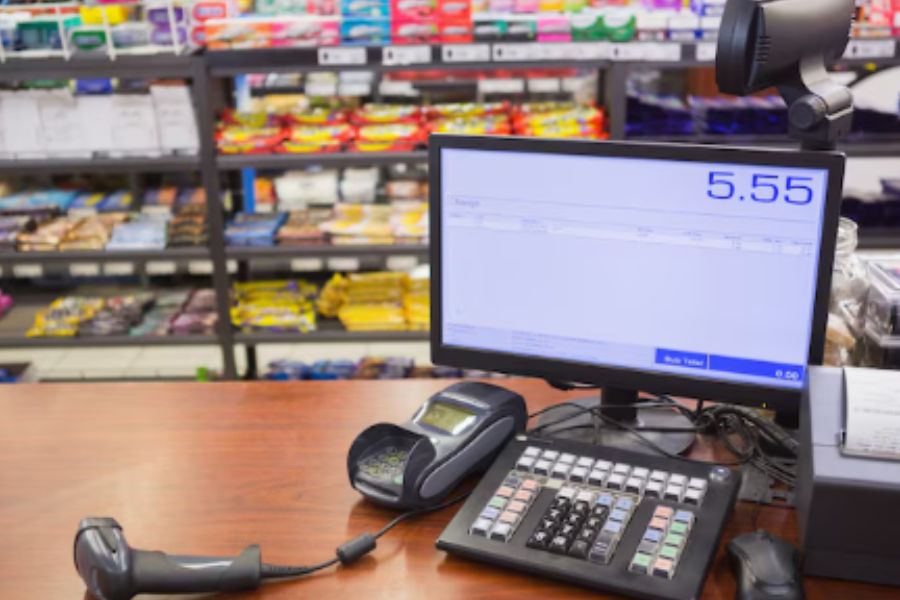Ever wondered how the E4473 form boosts gun safety? This essential part of firearm transactions helps keep weapons away from those who shouldn’t have them. By requiring detailed personal information and background checks, the E4473 form screens for criminal records and other disqualifying factors. Hence, it identifies individuals legally barred from purchasing firearms.
Curious to learn more about how the E4473 form enhances public safety? Let’s dive into the details!
Highlights
- The E4473 form is crucial for documenting firearm sales and ensuring compliance with federal regulations, preventing illegal transactions.
- Background checks help identify individuals prohibited from owning firearms, enhancing public safety by ensuring only eligible buyers purchase firearms.
- Challenges with e4473 and background checks: false positives and negatives, privacy concerns, and regulatory loopholes, which can undermine the effectiveness of these measures.
What is E4473?
The E4473 form, officially known as the ATF Form 4473, is a document mandated by the Bureau of Alcohol, Tobacco, Firearms and Explosives (ATF). Its primary purpose is to facilitate a comprehensive background check on individuals seeking to purchase firearms from licensed dealers.
This form plays a pivotal role in:
- Securing Compliance with Federal Laws: The E4473 ensures that all firearm transactions adhere to federal regulations by collecting detailed personal information and answering critical questions.
- Preventing Illegal Purchases: The form serves as a safeguard against the sale of firearms to individuals who are prohibited from owning them, such as those with felony convictions or severe mental health issues.
When completing the E4473 form, several pieces of information are required from the buyer:
- Personal Details:
- Full name
- Address
- Date of birth
- Social Security number
- Identification Information: A valid government-issued ID, such as a driver’s license or passport, to verify identity and residency.
- Eligibility Questions: A series of questions to determine if the buyer is prohibited from owning a firearm. This includes questions about criminal history, restraining orders, and mental health status.
- Firearm Information: Details about the purchased firearm, including the make, model, caliber, and serial number.
- Signature and Certification: The buyer must sign and date the form, certifying that all provided information is accurate and truthful.
The Importance of Background Checks
Definition of Background Checks
Background checks entail a comprehensive investigation into an individual’s history, qualifications, and character, rather than just a bureaucratic step.
Their goal is to ensure that the person in question meets the necessary criteria for a specific role or responsibility.
The essence of background checks lies in:
- Promoting Safety and Security: They serve as a protective measure, revealing any potential risks or issues that could endanger others. This is particularly vital in high-stakes environments like employment, firearm purchases, and financial transactions.
- Building Trust: By confirming the accuracy of an individual’s claims, background checks help foster trust among employers, clients, and the public. They provide peace of mind that the person is credible and trustworthy.
- Preventing Harm: Background checks aim to prevent potentially harmful individuals from gaining access to sensitive positions or assets, thereby reducing the risk of fraud, violence, or misconduct.
Background Check Process
The process of conducting a background check is thorough and detailed, with each key step designed to guarantee the accuracy and relevance of the gathered information.
A typical background check process is composed of:
Step 1: Consent and Authorization
The journey begins with obtaining the individual’s consent. This is a fundamental step that ensures:
- Legal Compliance: Consent is required to comply with privacy laws and regulations, respecting the individual’s rights while conducting the check.
- Transparency: The individual is informed about the nature of the background check and the types of information that will be reviewed.
Step 2: Collection of Information
With consent in hand, the next step involves collecting detailed information, including:
- Personal Details: Such as name, date of birth, and Social Security Number, to accurately identify the individual.
- Employment History: Records of previous employment to verify job roles and performance.
- Criminal Records: Information on any past legal issues or criminal activities.
- Education Verification: Confirming educational qualifications and degrees.
Step 3: Verification and Investigation
This stage involves validating the information and confirming its accuracy and reliability:
- Reference Checks: Contact former employers or personal references to corroborate the individual’s claims.
- Database Searches: Checking national and state databases for criminal records, credit history, and other relevant information.
- Interviews: In some cases, additional interviews may be conducted to clarify any discrepancies or gather further insights.
Step 4: Review and Reporting
Once verification is complete, the collected information is reviewed and compiled into a comprehensive report.
This report includes:
- Summary of Findings: An overview of the individual’s background, highlighting any significant details or concerns.
- Recommendations: Based on the findings, recommendations are made regarding the individual’s suitability for the role or responsibility.
Step 5: Decision Making
The final step is using the background check report to make informed decisions, which may involve:
- Approval or Rejection: Deciding whether the individual meets the necessary criteria for employment, a financial transaction, or other responsibilities.
- Further Action: If issues are identified, additional steps may be taken to address or investigate them further.
Types of Background Checks
- Criminal Background Check: This involves searching for any criminal records or convictions. It helps in assessing whether an individual has a history of criminal behavior that could affect their suitability for the role.
- Employment History Check: This verifies past employment details provided by the individual. It includes confirmation of job titles, dates of employment, and the nature of the roles held.
- Educational Verification: This confirms the educational qualifications claimed by the individual. It involves checking degrees, certifications, and institutions attended.
- Credit History Check: Often used for roles involving financial responsibilities, this check reviews the individual’s credit history to assess their financial stability and responsibility.
- Reference Check: This involves contacting previous supervisors or colleagues to gain insight into the individual’s work ethic, performance, and character.
- Drug Testing: Some positions may require drug testing to ensure that the individual complies with company policies and regulations regarding substance use.
- Social Media Check: This involves reviewing the individual’s social media profiles to gather additional information about their behavior and personal interests.
With the background checks done, organizations aim to mitigate risks, ensure the safety of their workforce, and maintain a high standard of hiring practices.
Importance of E4473 and Background Checks for Gun Safety
Securing gun safety is a multifaceted challenge that involves rigorous processes to prevent firearms from being misused or falling into the wrong hands. The E4473 form and background checks are integral to this effort.
Thanks to these measures, gun sellers and regulatory bodies can significantly contribute to a safer environment and a more responsible approach to firearm ownership.
Preventing Illegal Gun Sales
The E4473 form, or the “Firearms Transaction Record,” is fundamental in documenting every firearm sale conducted by Federal Firearms License (FFL) holders. It gathers essential information about both the buyer and the firearm, confirming that sales are conducted legally.
This detailed documentation and verification help prevent illegal sales and unauthorized transactions, reducing the chances of firearms being sold to individuals who should not have access to them.
Identifying Prohibited Persons
Background checks are essential for identifying individuals who are legally prohibited from owning firearms. These prohibitions may include felony convictions, restraining orders, or other legal restrictions.
The E4473 form requires buyers to provide personal information that is then used to conduct a background check through systems like the National Instant Criminal Background Check System (NICS).
This process helps to screen out individuals who are ineligible to purchase or possess firearms, thereby raising public safety and ensuring that firearms are only acquired by those who meet legal requirements.
Reducing Gun Violence
A well-executed background check process, supported by the E4473 form, is the key effort to reduce gun violence. By preventing firearms from being sold to individuals who might misuse them, these measures contribute to a reduction in gun-related incidents and violence.
Proper documentation and thorough background checks assure that firearms are in the hands of responsible and law-abiding individuals, ultimately contributing to safer communities and more effective gun violence prevention.
To streamline and enhance the processes of background checks and E4473 form management, many firearm dealers are turning to advanced point-of-sale (POS) systems and FFL software. Systems like ConnectPOS and FastBound offer robust solutions for managing firearm sales and ensuring compliance with legal requirements.
- ConnectPOS
ConnectPOS partners with FastBound, and includes features for efficient E4473 form handling, background check integration, real-time inventory management, and customer relationship management. These features make it easier for dealers to maintain accurate records and comply with regulations. Furthermore, ConnectPOS supports integration with other business systems, enhancing overall operational efficiency. It also aids in boosting sales and improving customer satisfaction by offering a streamlined checkout process and personalized customer experiences.
- FastBound
This software specializes in electronic bound books and compliance solutions, simplifying the management of E4473 forms and streamlining the verification process through its integration with background check systems.
Both ConnectPOS and FastBound contribute to a more efficient and compliant firearm sales process, supporting the overall goal of improved gun safety
Challenges and Criticisms Regarding E4473
While background checks and the E4473 form contribute to firearm safety and compliance, they have their challenges and criticisms. Addressing these issues is essential for enhancing their effectiveness and reliability.
False Positives and Negatives
One significant challenge with background checks is the occurrence of false positives and negatives.
A false positive happens when an individual is wrongly flagged as ineligible to purchase a firearm due to errors or incomplete records in the background check system. Conversely, a false negative occurs when someone who should be prohibited from purchasing a firearm is mistakenly cleared. These inaccuracies can lead to legal and safety issues.
Efforts to address these problems include improving data accuracy and the thoroughness of background check systems, as well as providing clear processes for individuals to appeal and correct errors.
Privacy Concerns
Background checks involve the collection and review of sensitive personal information, raising concerns about privacy and data security. Individuals undergoing background checks may worry about how their personal data is used, stored, and shared.
Adhering to stringent privacy protections and data security standards can address these concerns. Transparency about data handling and robust security measures can help mitigate privacy issues and build trust in the background check process.
Loopholes and Gaps
Despite efforts to regulate firearm transactions, loopholes and gaps still exist that can undermine their effectiveness.
For example, private sales and transfers between individuals may not always require background checks, creating opportunities for prohibited individuals to obtain firearms.
Inconsistencies in state and federal regulations can lead to enforcement challenges and gaps in coverage. Comprehensive legislative efforts and increased coordination between regulatory bodies are necessary to ensure a more uniform and effective approach to firearm regulation.
FAQs: E4473 & Background Checks for Gun Retail
- What is the E4473 form, and why is it important for gun sales?
The E4473 form, or “Firearms Transaction Record,” is used to document every firearm sale conducted by Federal Firearms License (FFL) holders. It collects essential information about the buyer and the firearm, ensuring that sales comply with federal regulations and helping to prevent illegal sales and unauthorized transactions.
- How do background checks work in conjunction with the E4473 form?
When a buyer completes an E4473 form, their personal information is used to conduct a background check through systems like the National Instant Criminal Background Check System (NICS). This process helps identify individuals who are legally prohibited from owning firearms, enhancing public safety by ensuring that firearms are sold only to eligible buyers.
3. What should I do if my background check reveals a problem?
If a background check reveals issues such as a criminal record or discrepancies in personal information, it is important to:
- Address the Issue Promptly: Review the findings and take steps to correct any inaccuracies or provide additional context if needed.
- Seek Legal Guidance: Consult with a legal professional to understand your rights and options, especially if the issues might impact your eligibility for firearm ownership.
Conclusion
Managing gun sales presents key challenges, including preventing illegal transactions, identifying prohibited individuals, and reducing gun violence. Thus, the E4473 form and background checks have become indispensable tools. By documenting every firearm sale and verifying buyer eligibility, these measures prevent illegal sales, identify individuals who shouldn’t own firearms, and help reduce gun-related incidents.
Embracing advanced systems like ConnectPOS can enhance the efficiency and compliance of these processes, contributing to a more secure and responsible approach to firearm ownership. For more information on how to streamline your firearm sales and compliance processes with ConnectPOS, contact us today.



